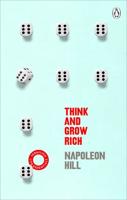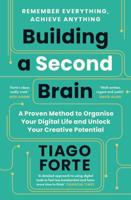Publisher's Synopsis
A Talk on Financial Education has the sole purpose of making people more aware of financial education, which is why it is sold at the lowest price allowed by Amazon.
I am Italian and I live in Italy. The latest analysis carried out by Standard and Poor's and the World Bank is merciless. Italy is 63rd in the world for the population's knowledge of financial mechanisms. It's not just a question of knowing how to make an investment or exploit a financial instrument to try to get rich, it is actually about the basic knowledge needed to manage savings. This implies, in fact, that most Italians are completely at the mercy of financial institutions (banks).
According to one survey, in Italy, only 37% of adults have at least a minimal knowledge of finance. The financial literacy rate is 68% in Canada, 67% in the UK, 66% in Germany, 64% in Australia, 57% in the US, 52% in France and 49% in Spain. Scandinavian countries have the best rates in the world, as, all together they boast 71% of the population having finance knowledge at a basic level.
The above analysis concerns concepts such as numeracy, risk diversification, inflation and interest. It was not a question, therefore, of investigating concepts of high finance, but of competence regarding the most basic economic notions that are nevertheless important in everyday life. Basic concepts should be part of the common vocabulary of an average citizen. And yet, this is not the case.
The dossier explains that while those with a certain financial literacy are able to make informed and reasoned decisions about their savings, investments and spending, people without the most basic financial concepts are incapable of handling even the simplest of financial tasks. This means they risk making serious mistakes with dramatic consequences.









